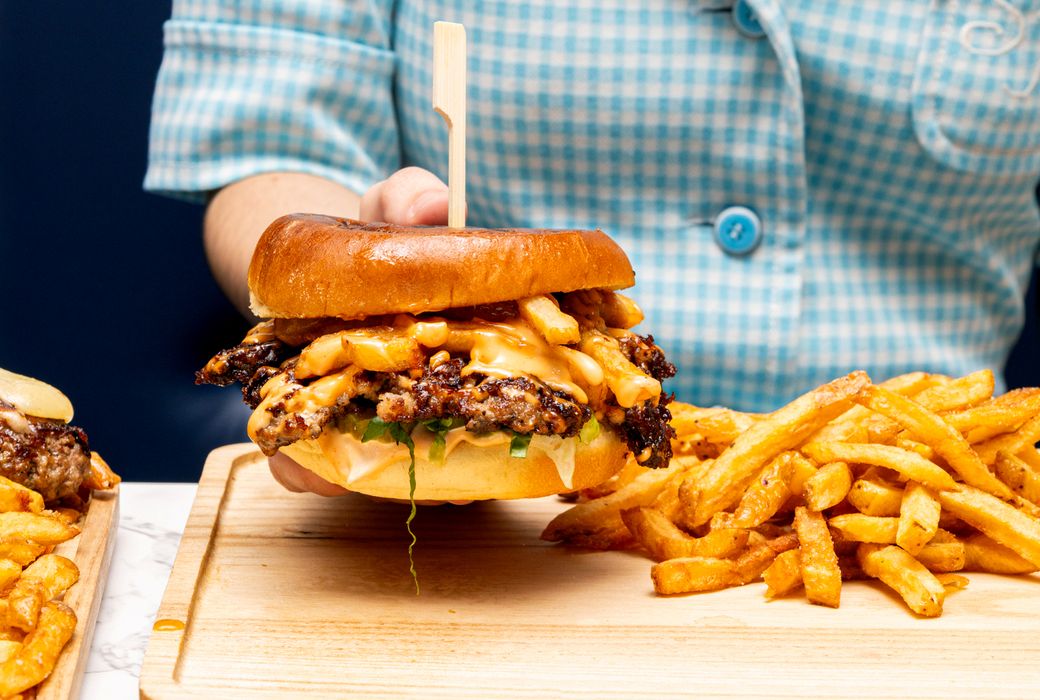MSSM Yorkville
MSSM Yorkville brings approachable omakase sushi to Yorkville. From Michelin-starred chef Masaki Saito, the hip spot offers a wider audience the chance to sample edomae-style sushi.
neon lights and street art like mural make for an unlikely setting/pair for an omakase experience but ...
30 min staggered seatings,an hour and half run time- half the room
chefs in training, take care of about 5 patrons each.
low cost model/affordable option while maintaining the high quality one would expect from michelin star
Photos by
Fareen Karim







